This blog was originally published by techUK for its World Quantum Day 2025 campaign. You can check out the original article here.
In March 2023, the UK unveiled an ambitious vision to become a ‘quantum-enabled economy,’ launching a ten-year strategy backed by £2.5 billion in public funding for research, innovation, and skills to support its quantum technology industry. As the Royal Academy of Engineering notes in its Quantum Infrastructure Review, “the UK was an early mover in quantum technologies, action is needed now to capitalise on that advantage.” With quantum on the global stage in 2025, the UN’s International Year of Quantum Science and Technology, it’s an apt time to revisit the UK’s vision and explore how it can capitalise on the quantum opportunity by prioritising the commercial scale-up of mature quantum technologies.
Industry collaboration to accelerate adoption
Collaboration between industry, academia, and government is crucial for driving the adoption and commercialisation of quantum technologies. Initiatives like Digital Catapult’s Digital Security by Design (DSbD) Technology Access Programme (TAP) play a key role in making this happen. DSbD TAP, which Quantum Dice joined as part of the sixth cohort, connects technology suppliers with end users, enabling companies to test and integrate prototype cutting-edge technology in real-world environments.
This approach not only supports the development of new technologies but also reduces the risks associated with their adoption. Programmes like DSbD TAP can support UK companies, like Quantum Dice, commercialising mature quantum technologies, such as quantum random number generation (QRNG), to scale their innovations.
National leadership to drive enterprise adoption of quantum solutions
For businesses to confidently invest in quantum technologies, national leadership in setting clear regulatory standards and best practices is necessary. As an example, the National Physical Laboratory (NPL) has led efforts in standardising QRNGs, which has in turn helped Quantum Dice to commercialise its technology. By establishing industry benchmarks, the NPL’s work has helped foster trust in the technology, paving the way for end users explore commercial use cases. The UK should continue to lead in setting globally recognised standards that encourage enterprise adoption.
Facilitating easier international market entry
Expanding quantum technology beyond the UK’s borders is key to long-term growth. Simplifying international market entry will help UK-based quantum companies with deployable products to scale, boost adoption, and strengthen their global presence. This requires streamlining export regulations, aligning with international security standards, and fostering cross-border collaborations. By easing market access, the UK can position itself as a global leader in quantum innovation, attracting investment and growth opportunities.
Enabling investor capability in quantum
Investment is essential for the UK to harness the full commercial potential of mature quantum technologies. Despite growth in Venture Capital (VC), deep tech sectors, including quantum, have often been overlooked. Initiatives like the Royal Academy of Engineering’s Venture Capital Fellowship, backed by the Department for Science, Innovation and Technology, are helping build VC expertise in quantum. Strengthening investor capability is key to fuelling quantum companies, enabling them to scale, innovate, and compete globally.
Access to talent and developing skills
A strong talent pipeline is essential to the UK’s quantum ambitions. The International Year of Quantum’s opening ceremony, attended by Quantum Dice’s Wenmiao Yu and George Dunlop as part of an Institute of Physics delegation, highlighted the need for quantum skills development. To maintain leadership, the UK must invest in education and training, foster university-industry collaborations, and attract global talent. A skilled workforce will help companies with deployable quantum technologies hit the ground running and allow the UK to capitalise on the quantum opportunity.
In summary
Mature quantum technologies that are already being deployed offer a ripe foundation for the UK to leverage and realise its ambition to become a ‘quantum-enabled economy.’ By focusing on key enablers for commercialisation – such as industry collaboration, clear standardisation, simple market entry, investment, and talent – the UK can help homegrown companies with deployable quantum products scale effectively.
One of the most mature quantum technologies is Quantum Random Number Generators (QRNGs). Learn more about Quantum Dice’s DISC™ QRNGs.





